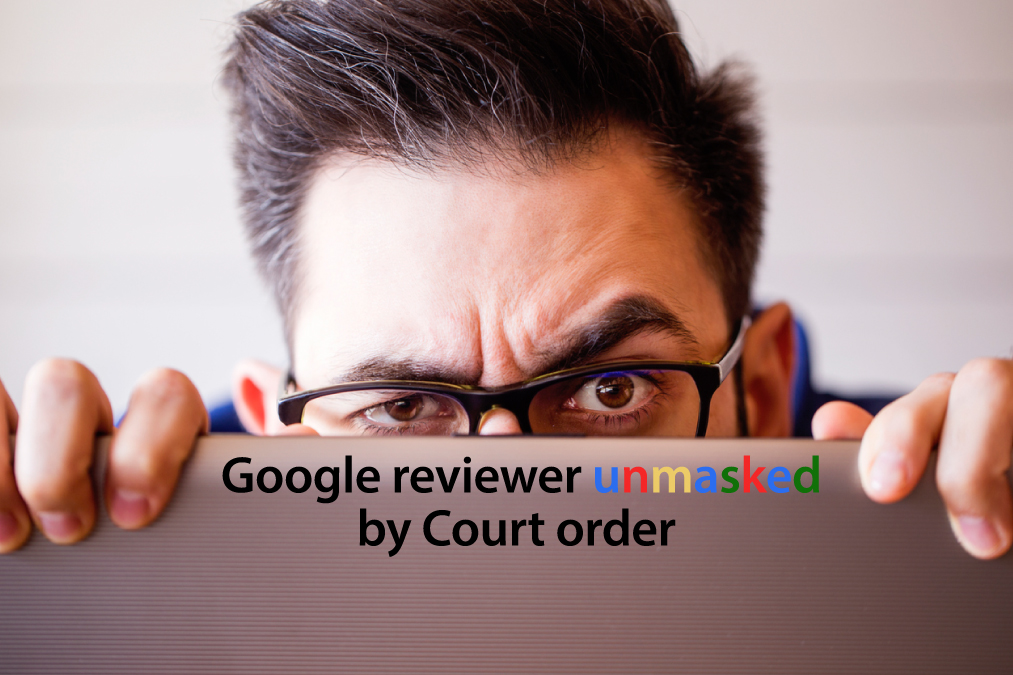Keyboard warriors and trolls are just some of the names given to anonymous reviewers. Some reviewers may be shy but let’s face it, many online rely on anonymity to express views that they wouldn’t necessarily feel comfortable sharing if identifiable. Well, if you’ve ever posted a review anonymously, safe in the knowledge that no-one will know it’s you behind the keyboard, it’s time to rethink that strategy following the verdict in a court case earlier this year.
An anonymous Google reviewer known only as ‘CBsm 23’ objected to dental services provided by a Melbourne dentist, Dr Matthew Kabbabe, labelling the experience as “extremely awkward and uncomfortable” and a “complete waste of time.”
Dr Kabbabe objected to the review’s contents and approached Google in November 2019 to remove the review. Following the US tech company’s refusal, Dr Kabbabe turned to the Court for a solution. In his suit, Dr Kabbabe alleged that the negative review constituted defamation and that his business had experienced financial loss as a result of the review.
In orders handed down on 12 February 2020, the Federal Court made orders empowering to Dr Kabbabe to seek documentation from Google by international registered post, with an acknowledgement of receipt to be supplied to his lawyer. In the order, Google was compelled to turn over identifying information including any names, phone numbers, IP addresses and location metadata belonging to ‘CBsm 23’. In addition, Google was required to provide any other Google accounts which may have originated from the same IP address during the same period of time.
This case has implications for businesses, disgruntled individuals and platforms alike. What happens in the digital space can have far-reaching ramifications for recipients of negative reviews. The Federal Court’s decision provides businesses with an avenue to remove the veil of anonymity.
In instances where a post or review is found by a Court to be defamatory, reviewers may be held personally liable for damages. For businesses, this development is positive – for one thing, the fact that privacy is no longer guaranteed may deter anonymous negative reviewers from leaving a comment that is unable to be substantiated. Crucially, it gives businesses a path to resolve reputational and financial damages resulting from defamatory reviews. Platforms like Google may also now be more inclined to take action following this outcome. If you are concerned about potentially defamatory reviews from anonymous users online that are potentially harming your business, please contact Macfarlane Law.


